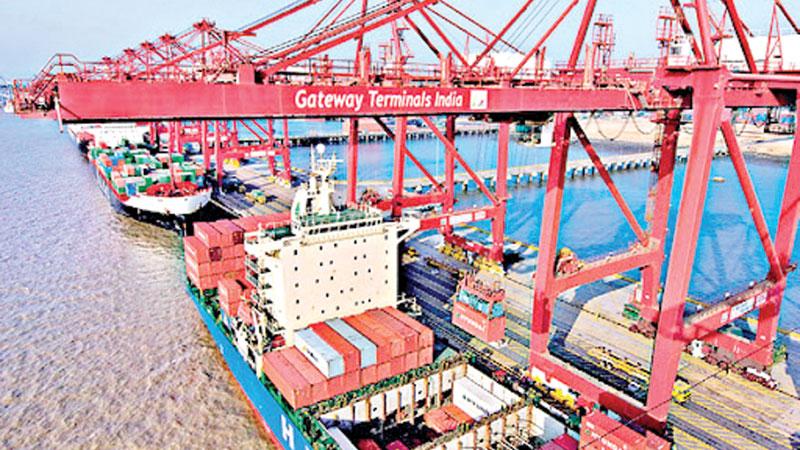
The country’s economy is recovering from the terrorist attacks in April last year, with GDP growth projected at 3.7 percent in 2020, according to the International Monetary Fund (IMF).
The statement from IMF also said that “Ambitious structural and institutional reforms are needed to anchor policy priorities, bolster competitiveness and foster inclusive growth in Sri Lanka.”
“Fiscal prudence remains critical to support macro-economic stability and market confidence, amid high levels of debt and refinancing needs.” It said.
The staff team from the IMF led by Manuela Goretti visited Colombo during January 29 – February 7, 2020 to meet with the new administration and discuss its policy agenda. At the conclusion of the staff visit, Ms. Goretti issued the following statement:
“The IMF staff team had constructive discussions with the Sri Lankan authorities on recent economic developments and the country’s economic reform agenda. Given the high level of public debt and refinancing needs in the country, ensuring macroeconomic stability calls for fiscal consolidation, prudent monetary policy, and sustained efforts to build international reserves.
Ambitious structural and institutional reforms remain critical to raise the country’s growth potential and promote inclusiveness.
“The economy is gradually recovering from the terrorist attacks of last April. Real GDP growth is estimated at 2.6 percent in 2019. The recovery is supported by a solid performance of the manufacturing sector and a rebound in tourism and related services in the second half of the year. High frequency indicators continue to improve and growth is projected to rebound to 3.7 percent in 2020, on the back of the recovery in tourism, and assuming that the Novel Coronavirus will have only limited negative effect on tourism arrivals and other economic activities. Inflation is projected to remain at around 4½ percent, in line with the Central Bank of Sri Lanka (CBSL) target. After a sharp import contraction in 2019, the current account deficit is expected to widen to nearly 3 percent of GDP in 2020.
